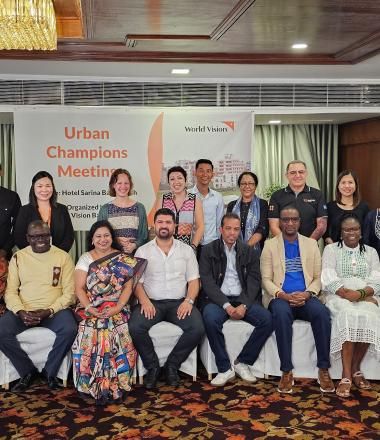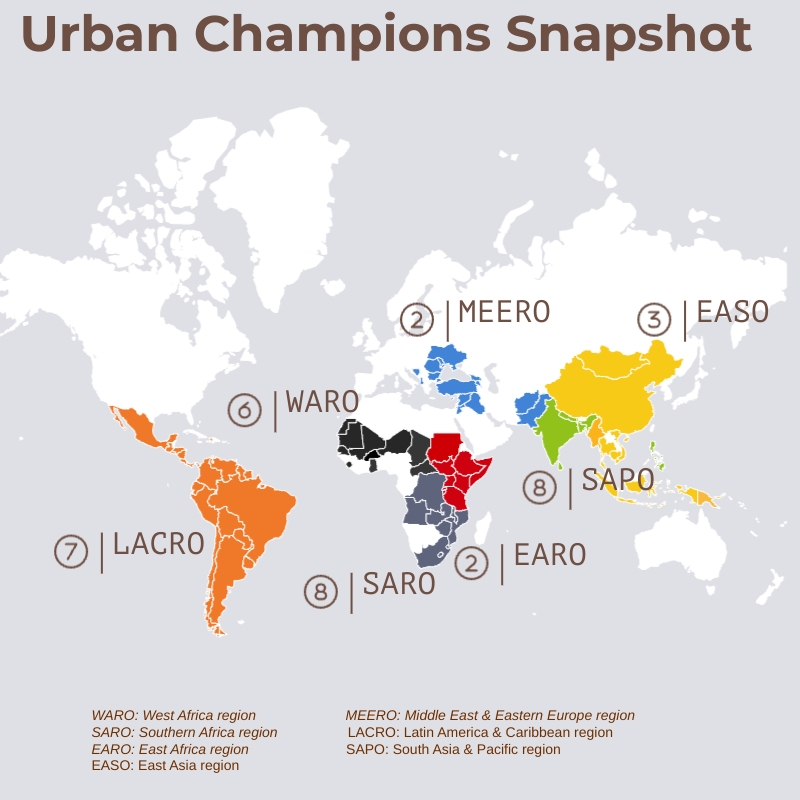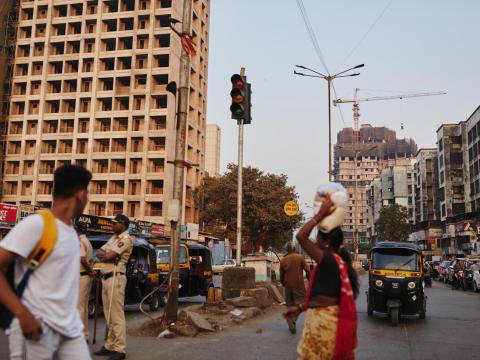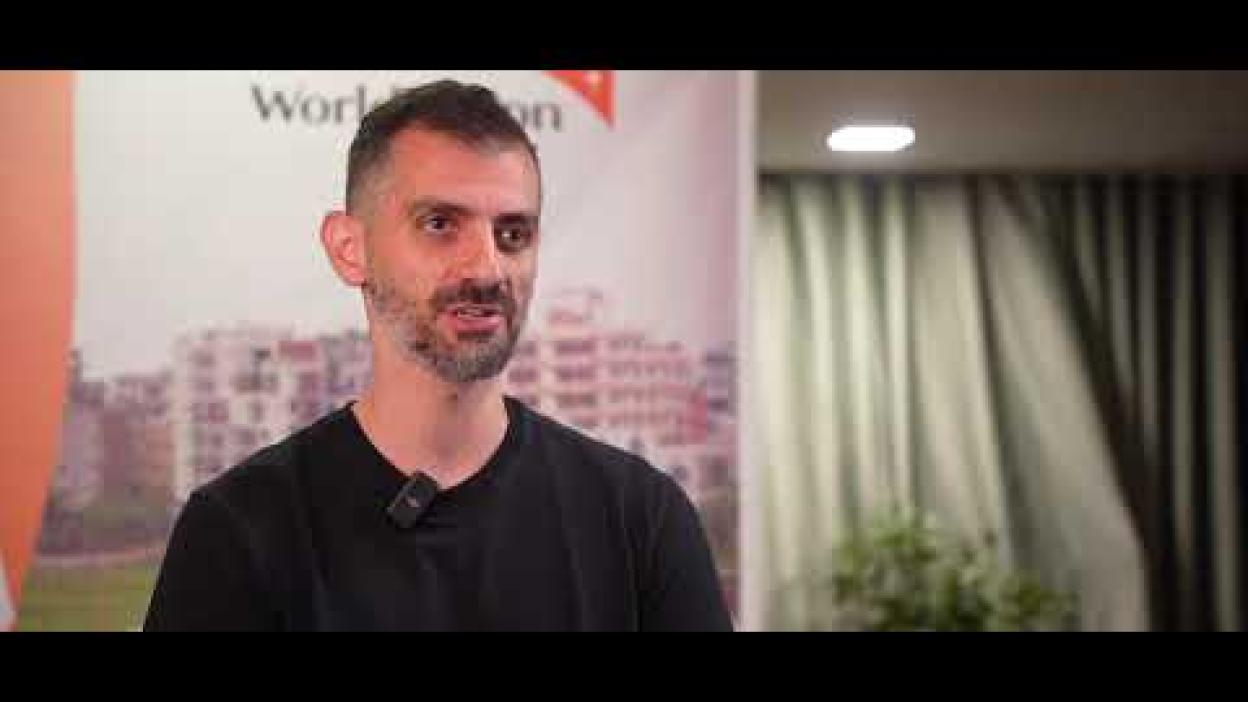
Urban Champions for building organisational-wide capabilities
Strengthening urban programming across the globe
As urbanisation continues to transform our world, the need for innovative, resilient, and inclusive solutions in cities has never been greater. To address this challenge, World Vision launched the Urban Champions initiative to build organisational-wide capabilities, equipping staff across regions and offices to lead impactful urban programming. This initiative underscores our commitment to strengthening our capacity to serve the most vulnerable children and families living in urban areas.

What is the Urban Champions initiative?
The Urban Champions initiative is a year-long capacity-building programme designed to create a cadre of leaders who champion urban programming within World Vision. This initiative reflects our vision of ensuring that urban programming is prioritised and embedded across all regions, fostering a network of ambassadors who can drive the urban agenda within their offices, regions, and beyond.
The initiative is structured to:
- Build technical and leadership capabilities for urban programming.
- Equip participants with the knowledge and tools to address complex urban challenges.
- Foster collaboration and learning across regions, promoting a unified approach to urban programming.
- Strengthen advocacy for urban resilience and inclusive development internally and externally.
Check this video to learn more about this intiative
Programme content and learning journey
The Urban Champions initiative offers a robust curriculum tailored to address the diverse needs of urban programming. Participants engage in a variety of interactive learning activities, including:

Core topics:
- Leading on citywide self-sustaining urban programming
- Inclusive urban programming (Gender Equality, Disability, and Social Inclusion).
- Strategic urban planning and governance
- Strategic partnerships in

Learning formats:
- Webinars with global experts and practitioners.
- Regional mentorship sessions to contextualise learning.
- Assignments and quizzes to reinforce practical application.
- Peer-to-peer knowledge sharing and city

Collaborative learning opportunities:
- Case studies and success stories from different regions.
- Virtual reflection sessions and resource sharing.
- Networking through face-to-face and online interactions.
Participants are supported by dedicated
The role of Urban Champions
Urban Champions serve as key drivers of change within World Vision. They are tasked with:
- Championing the urban agenda: Advocating for urban programming aligned with World Vision’s strategic priorities and promoting the organisation’s commitment to agile, impactful urban interventions.
- Building capabilities: Empowering colleagues in their offices and regions by sharing knowledge, resources, and best practices for urban programming.
- Advancing advocacy: Acting as ambassadors for urban resilience and sustainable development, both within the organisation and in external forums.
- Collaborating for impact: Facilitating learning events and contributing to regional and global urban strategies, ensuring a unified approach to tackling urban challenges.
A global impact
Since its launch in 2021, the Urban Champions initiative has completed three successful rounds, with participants from diverse backgrounds and regions contributing to a growing network of urban leaders. This initiative has not only strengthened internal capabilities but has also amplified World Vision’s voice in global urban programming efforts, promoting innovative solutions for creating healthy, safe, prosperous, resilient, and just cities based on the 'Cities for Children' framework.

